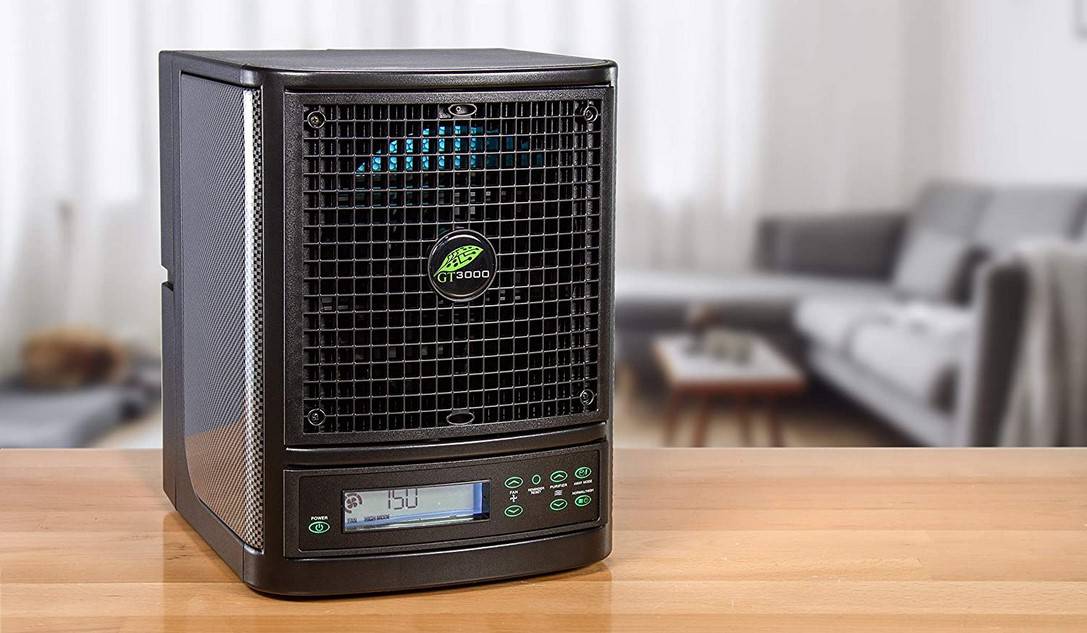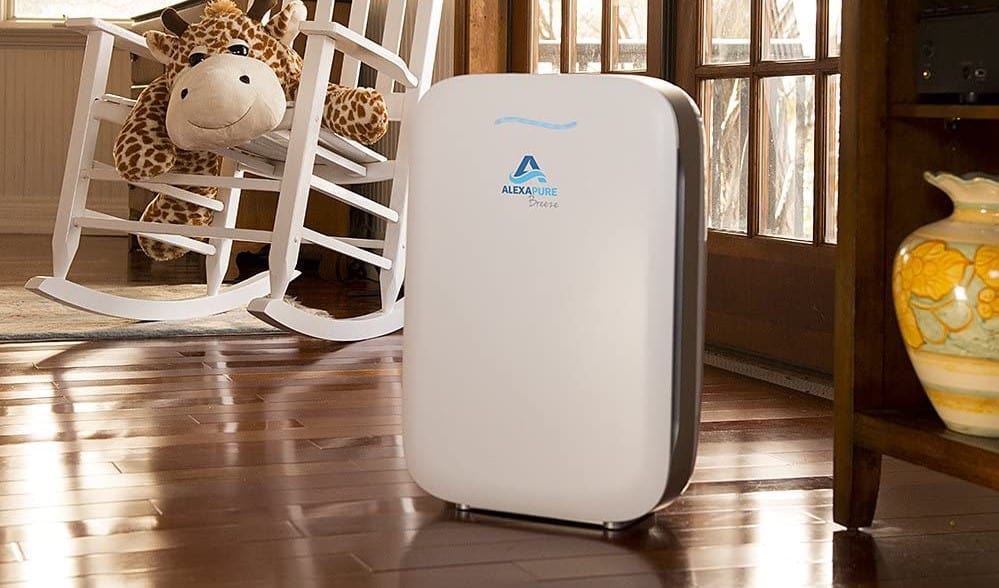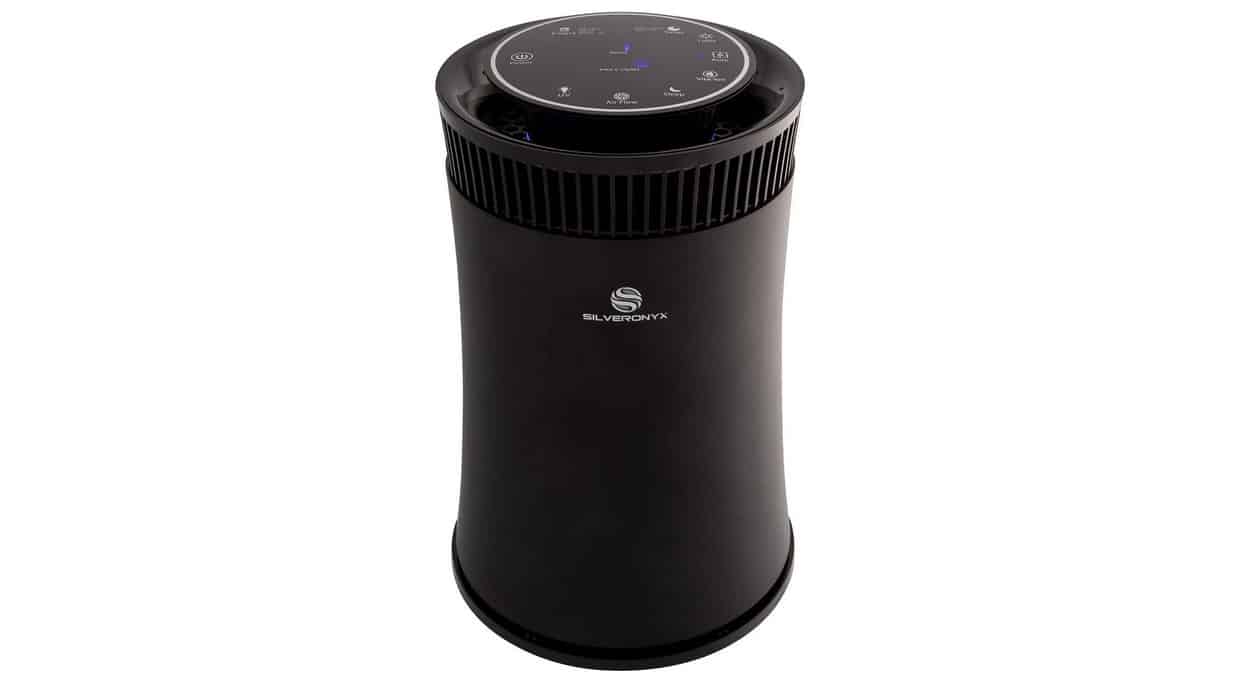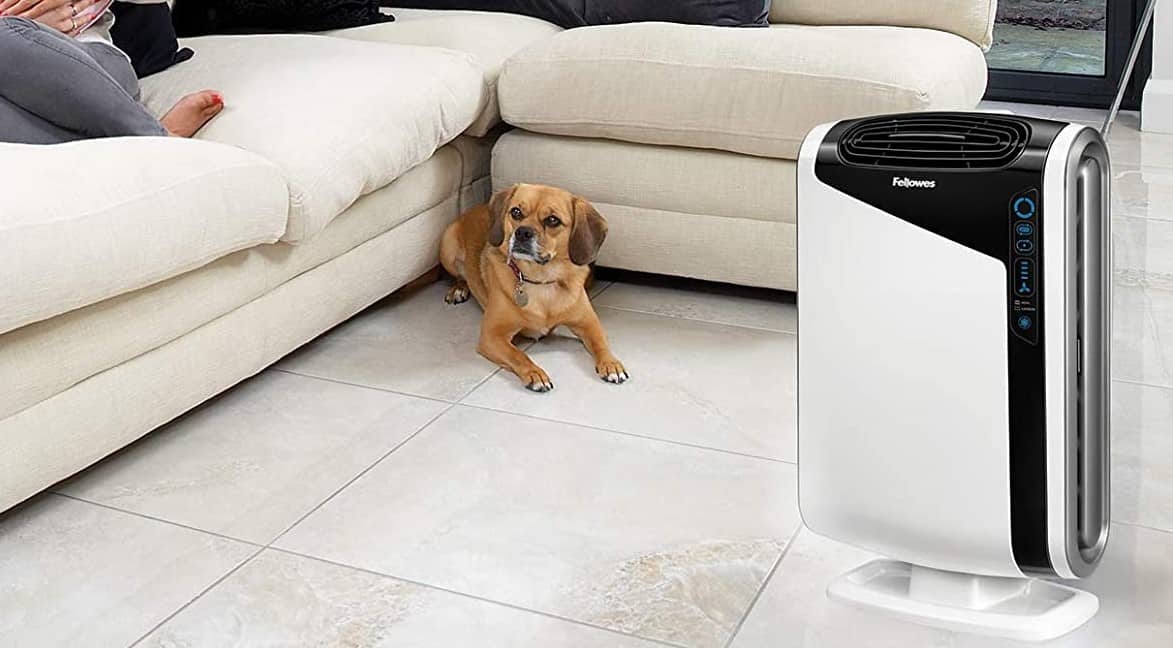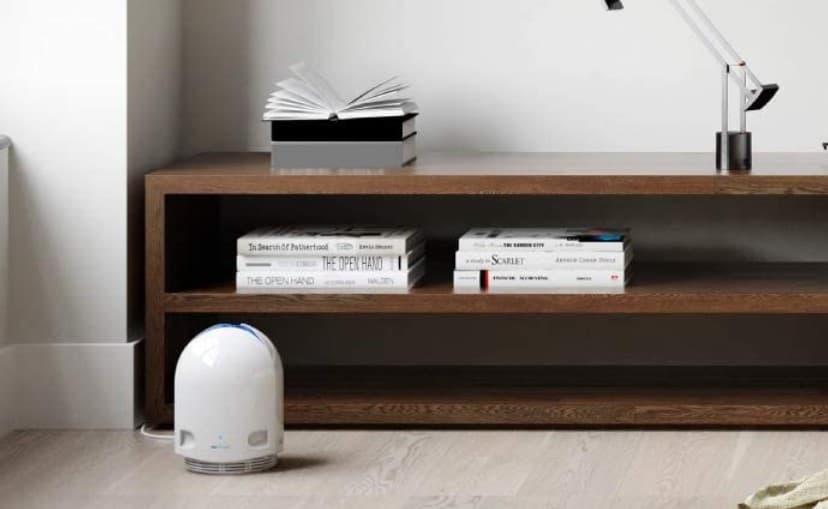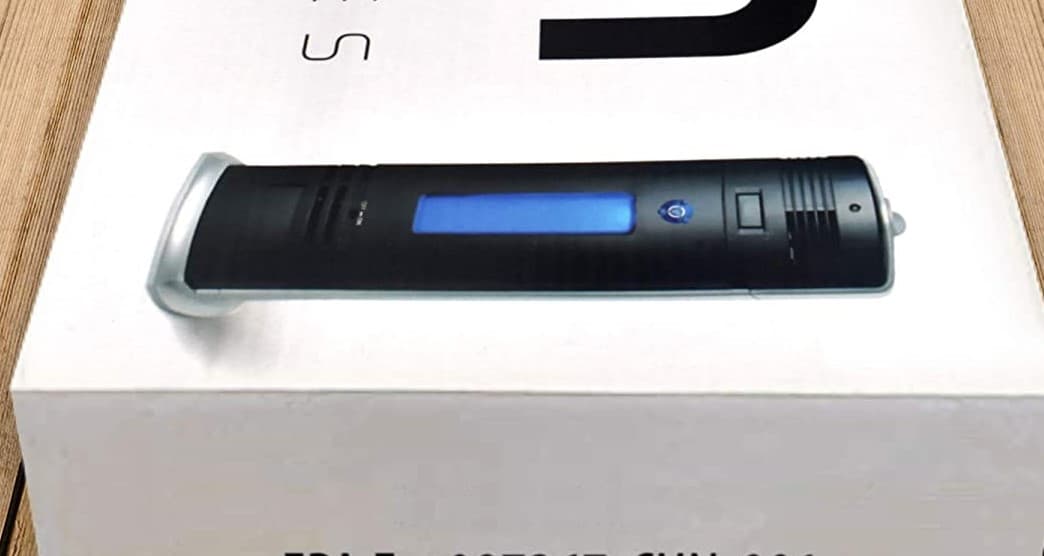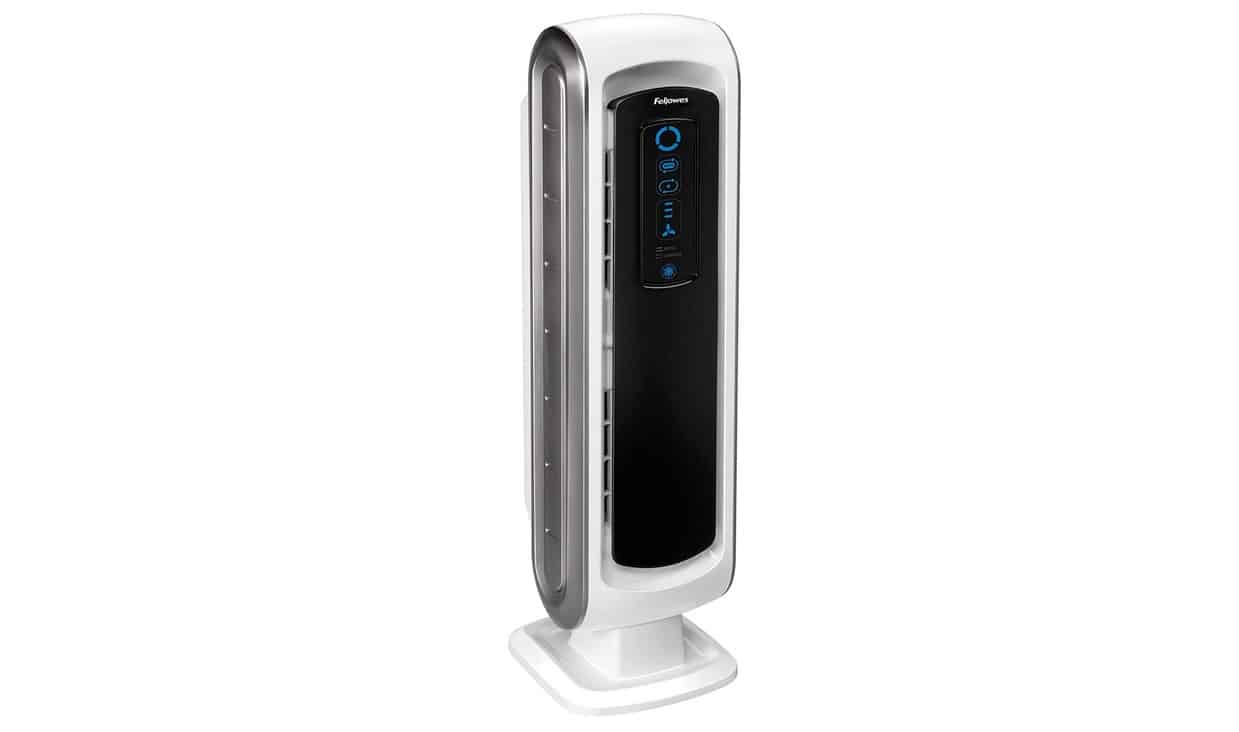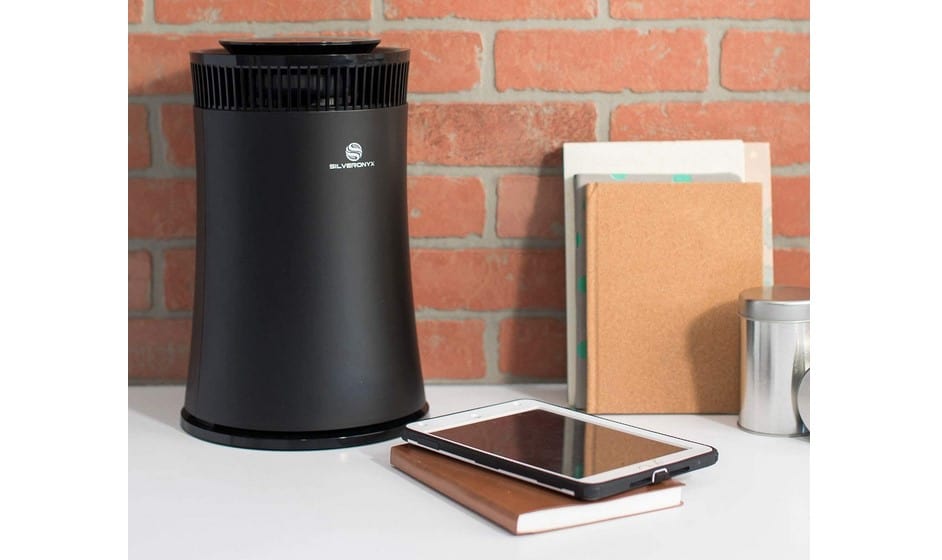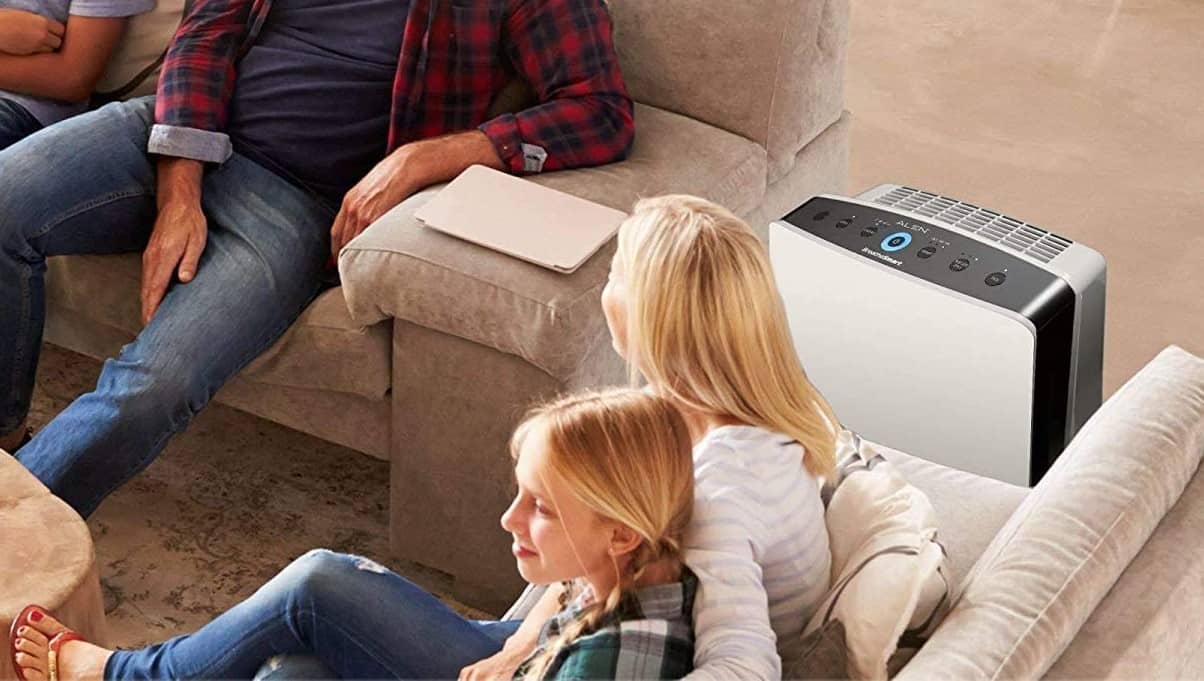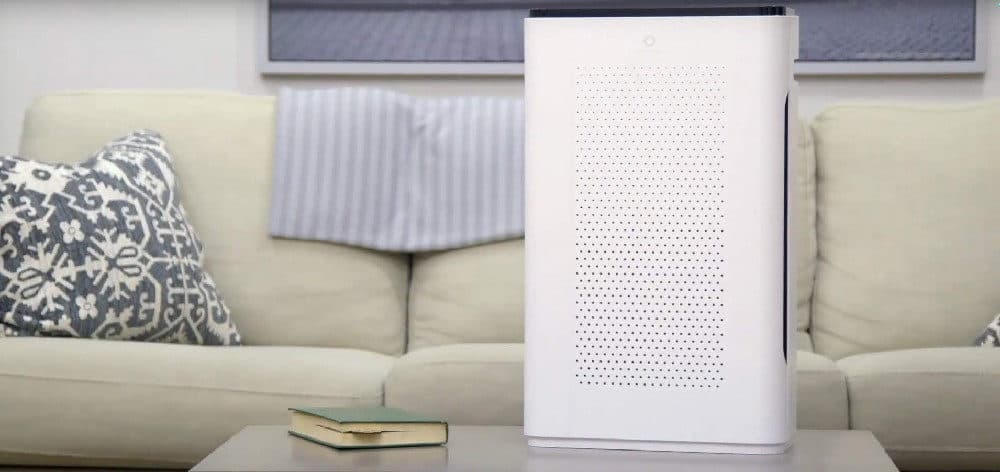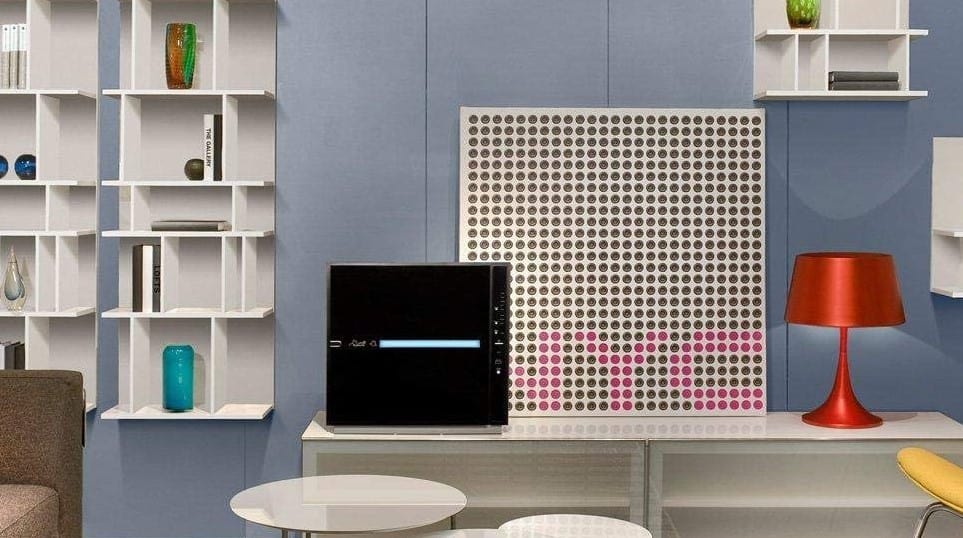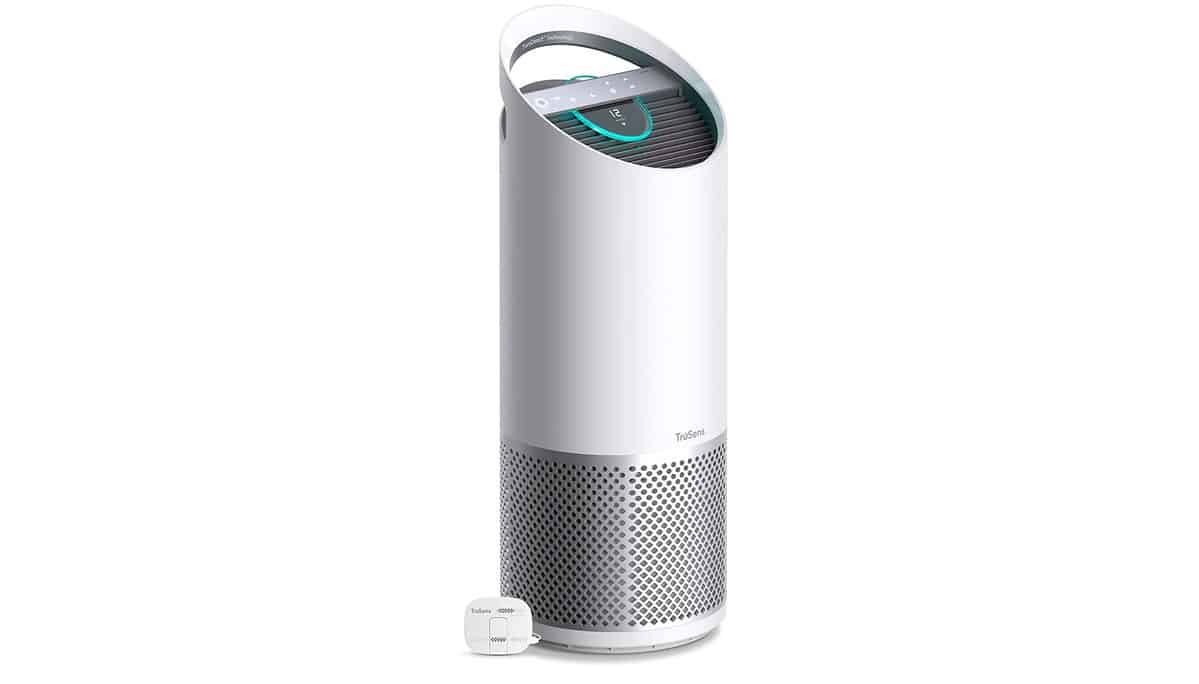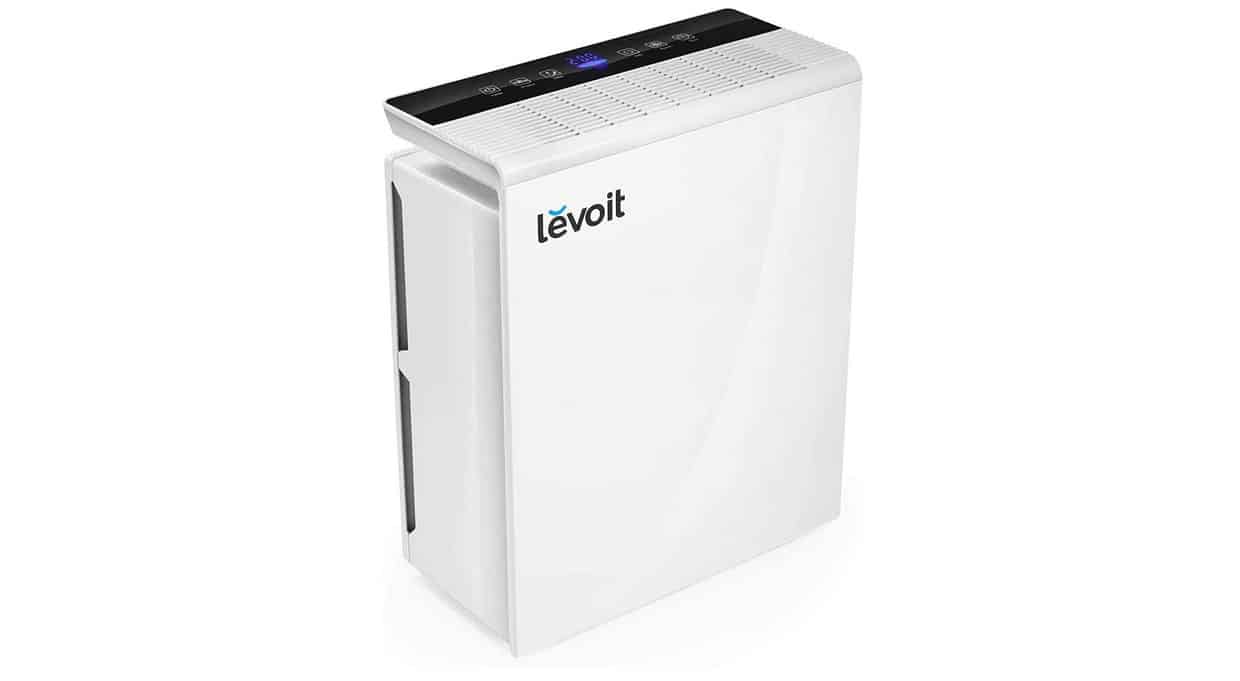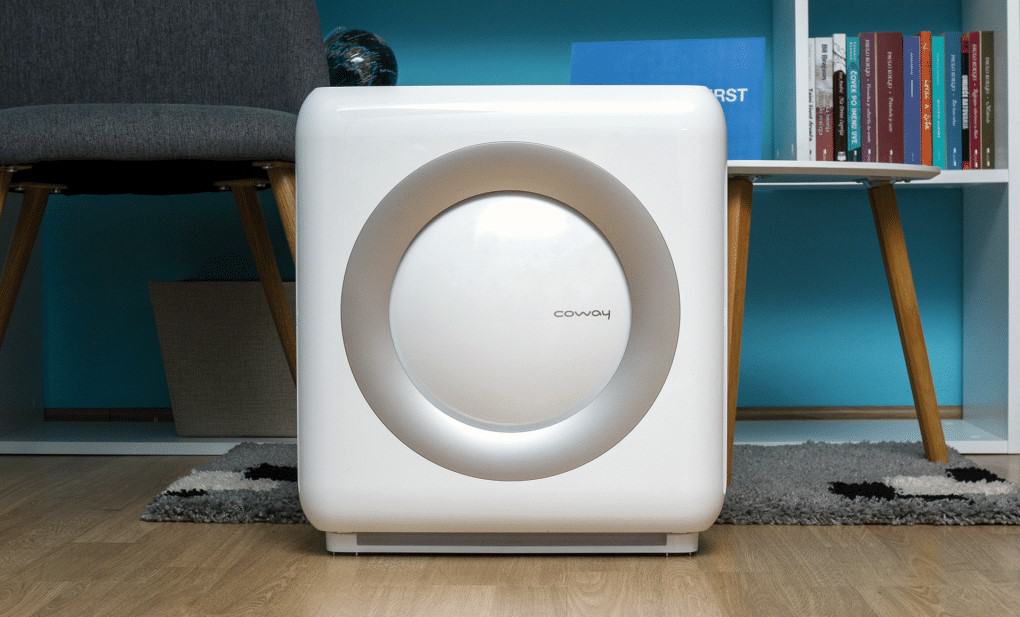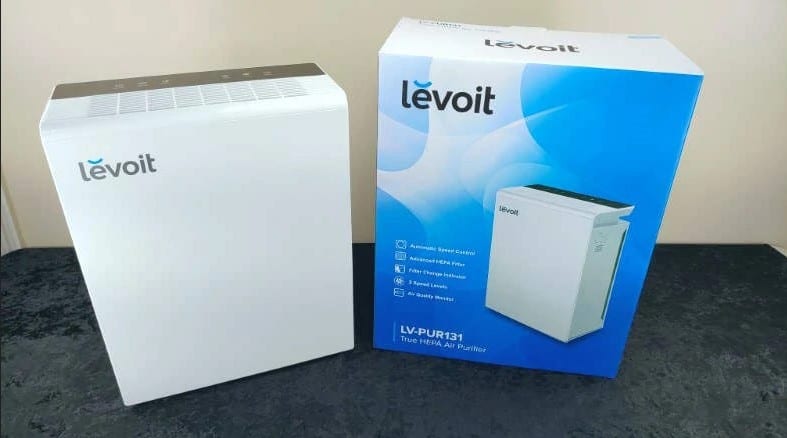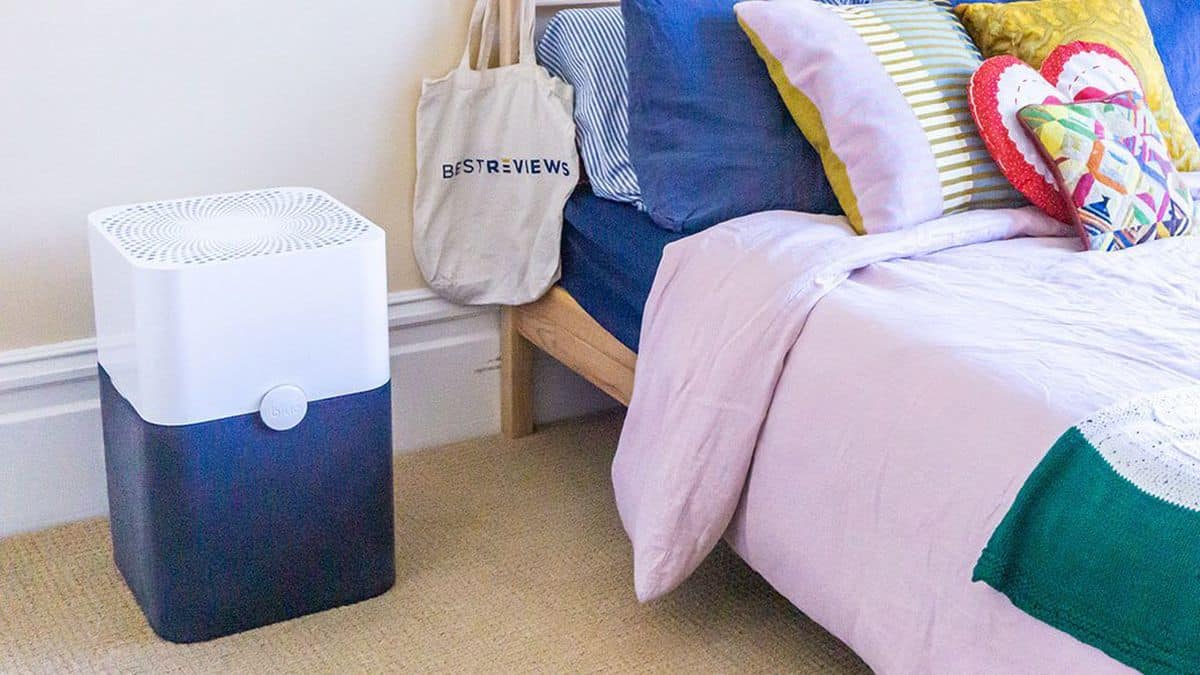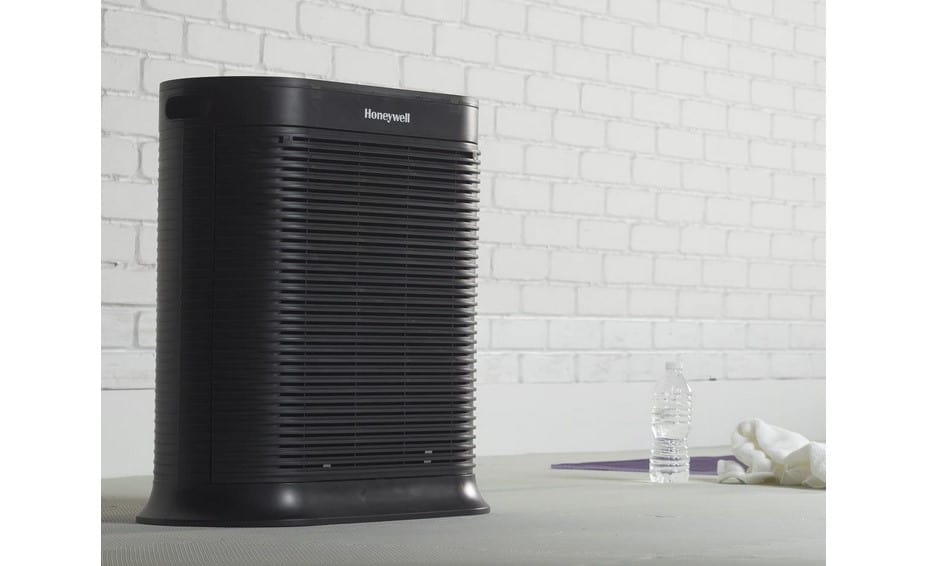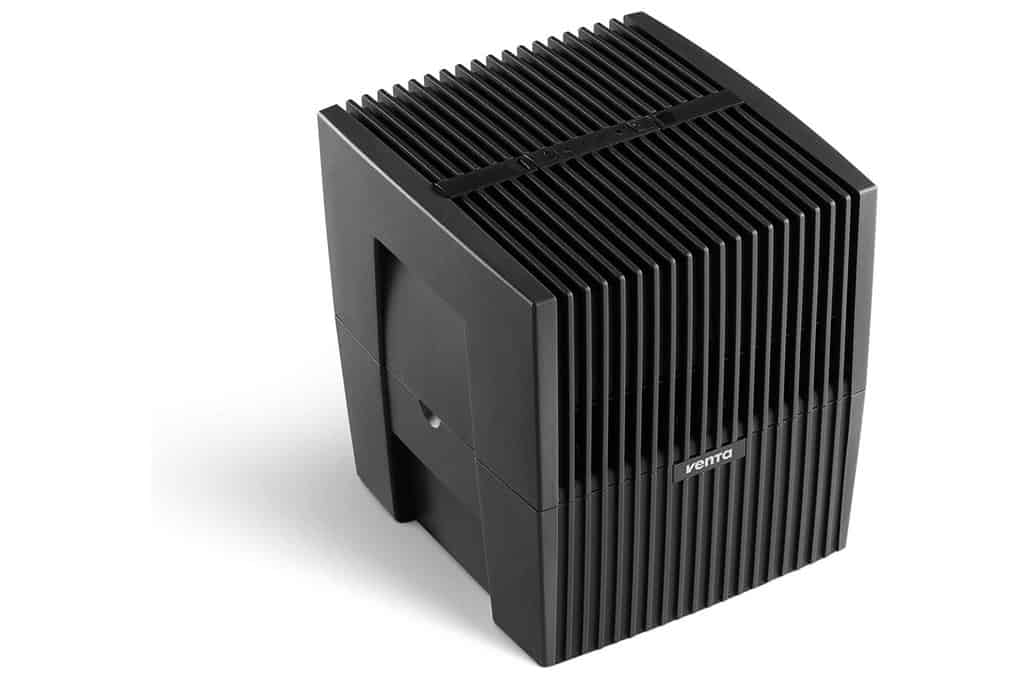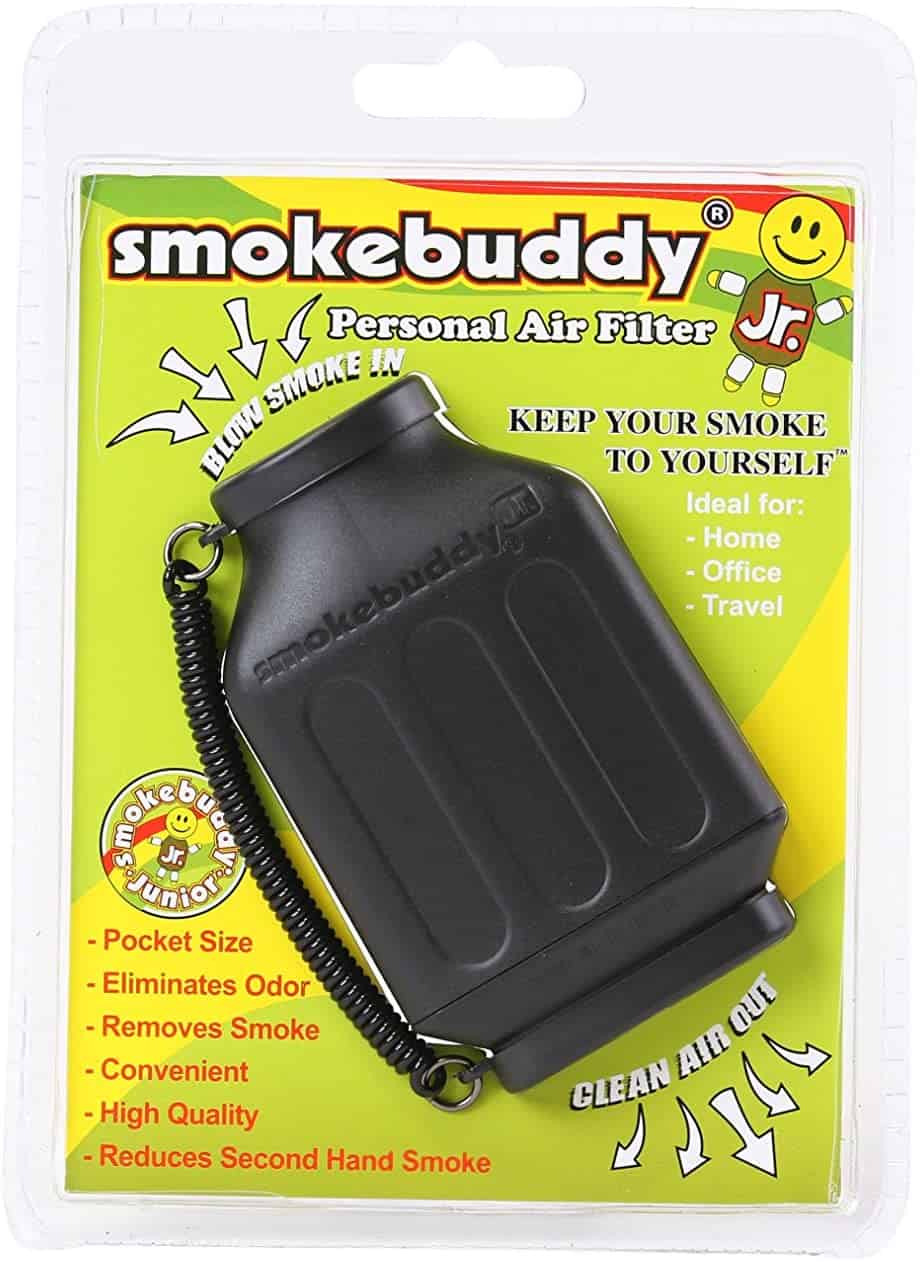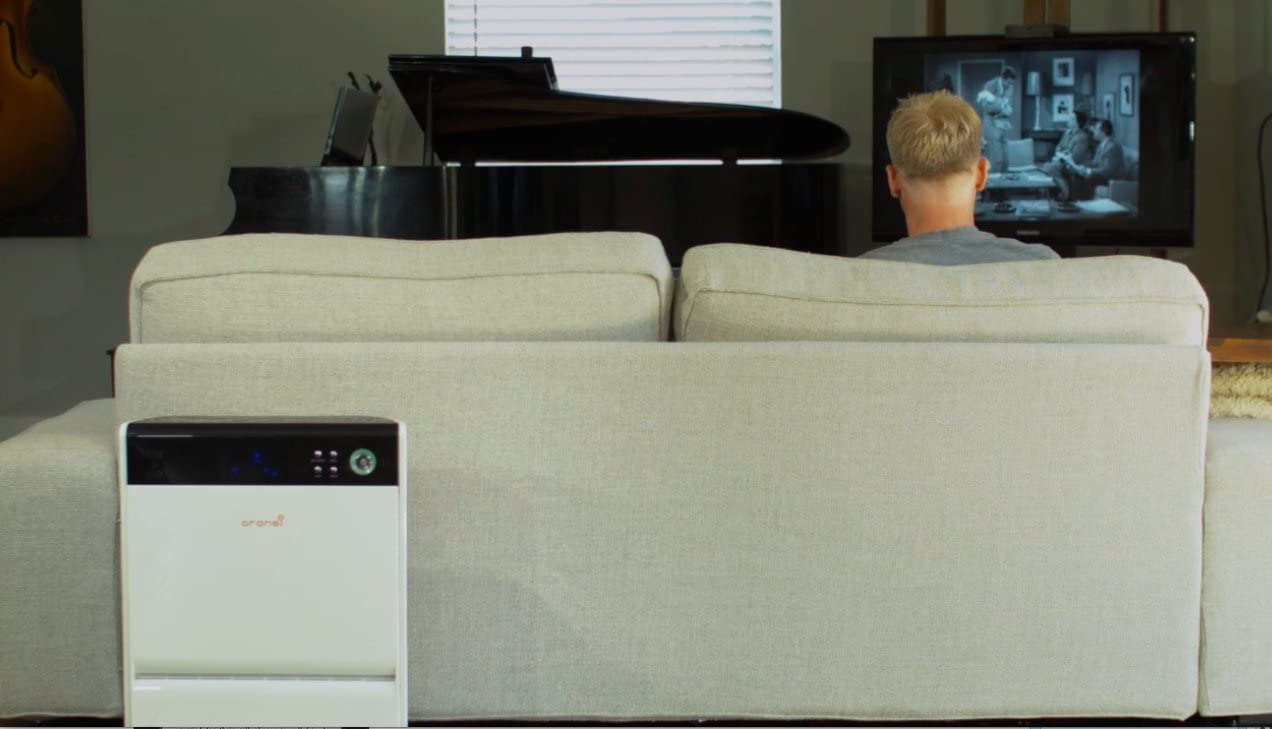Before the introduction of IFD filters, many of the best air purifiers used HEPA filters. When Honeywell introduced IFD-based cleaners, they also introduced a washable permanent filter. As such, consumers may wonder about the IFD filter vs. HEPA filter and which is better. The answer is more complicated than it may seem initially. Read on to find out more. For additional information about the premiere air purifiers and humidifiers, great purifiers with washable filters, or the top-rated air purifiers under $100, check out our guides.
KEY TAKEAWAYS:
- Consumers should consider IFD-based air purifiers if they are looking for a permanent, washable filter that requires less energy than HEPA filters.
- HEPA air filters do not produce ozone, which is toxic in large amounts.
- Both types of air purifiers help reduce the number of airborne pollutants in the air to improve indoor air quality.
IFD vs. HEPA Filters for Air Purifiers: Differences
Different air purifiers use purification technologies to reduce airborne particles in the indoor space with varying degrees of efficiency. HEPA filters remove about 99.97% of air particles larger than 0.3 microns in size. Meanwhile, IFD filters eliminate approximately 99.99% of microscopic particles. The two filter types differ in cost, consistency, noise, power consumption, and whether they need to be replaced. The biggest difference, though, is found in the process used to eliminate airborne contaminants.
For other units that deliver the same quality, look at HEPA vs PECO filters, PCO vs HEPA air purifiers, and washable filters vs replaceable filters for air purifiers.
Insider Tip
HEPA-based air purifiers are less expensive right now because IFD filters are less common.
What is an IFD Filter?
Honeywell introduced intense field dielectric (IFD) filters—permanent, reusable filters that can be washed. Because of this feature, the filter will not need replacing. They also consume less energy and make less noise. However, IFD-based air purifiers may cost more initially, and they produce ozone in small quantities. Although the initial amount of ozone is not harmful, you should not use an IFD permanent filter for an extended time without ventilating the room. Finally, they do not have a standard for filtration, so some models may not be as effective.
How to clean IFD Filters
- Unplug the unit. If you do not, you could electrocute yourself.
- Remove the rear grille, enabling access to the filter.
- Wash the pre-filter and IFD permanent filter by rinsing them with water.
- If needed, gently clean with a mix of detergent and water.
- If you used soap, rinse once more.
- Allow it to dry completely on the counter or another surface.
- Replace the filters and rear grille.
You should wash your filter every 2-3 months. And because this product includes a permanent filter, you have to put it back in the air purifier.
How Does an IFD-based Air Purifier Work?
A Honeywell or Braun IFD filter removes particulates, such as dust mites, pollen, allergens, and mold spores, among other things. They accomplish this in a way similar to an ionic air purifier. IFD filters work with electrostatic precipitation devices that charge particles during the cleaning process, using electricity to remove pollutants. Then, the particles become attracted to the oppositely charged plate. In doing so, the appliance produces a small amount of ozone. Large amounts of ozone may cause respiratory problems.
What is a HEPA Filter?
High-efficiency particulate air (HEPA) filter-based air purifiers catch air pollution between the fiber of the filter. As a result, the particles stick to the fibers, effectively removing them from the air stream. You must change these filters every year or so, unlike the washable IFD filters. However, they also catch at least 99.97% of larger particles about 0.3 microns or bigger, though a MERV 20 is 99.999% efficient. HEPA air purifiers may be combined with another type of filter or air purifier, including an air ionizer or activated carbon filter.
Warning
Be sure to let the IFD air filters dry completely before replacing them to avoid injury.
F.A.Q.S
Do air purifiers with IFD filters produce Ozone?
Air purifiers with IFD filters generate ozone through the electricity used to eliminate indoor air pollution.
Can you wash and reuse air purifier filters?
You can wash and reuse air purifier filters only if they are designed to be cleaned.
What is a true HEPA filter?
A true HEPA filter is the same as a HEPA filter. However, filters listed as “HEPA-type” or “almost HEPA” are not certified HEPA filters.
STAT: A MERV 20 filter is more than 99.999% efficient. (source)

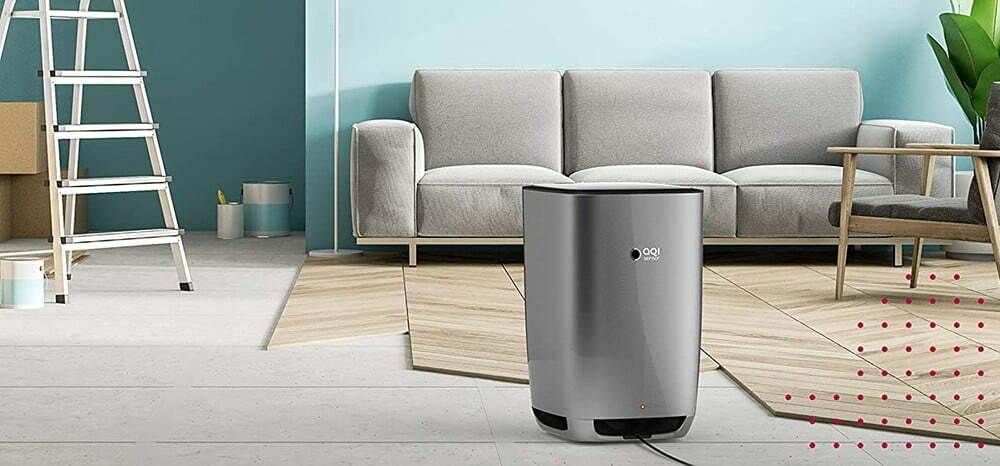













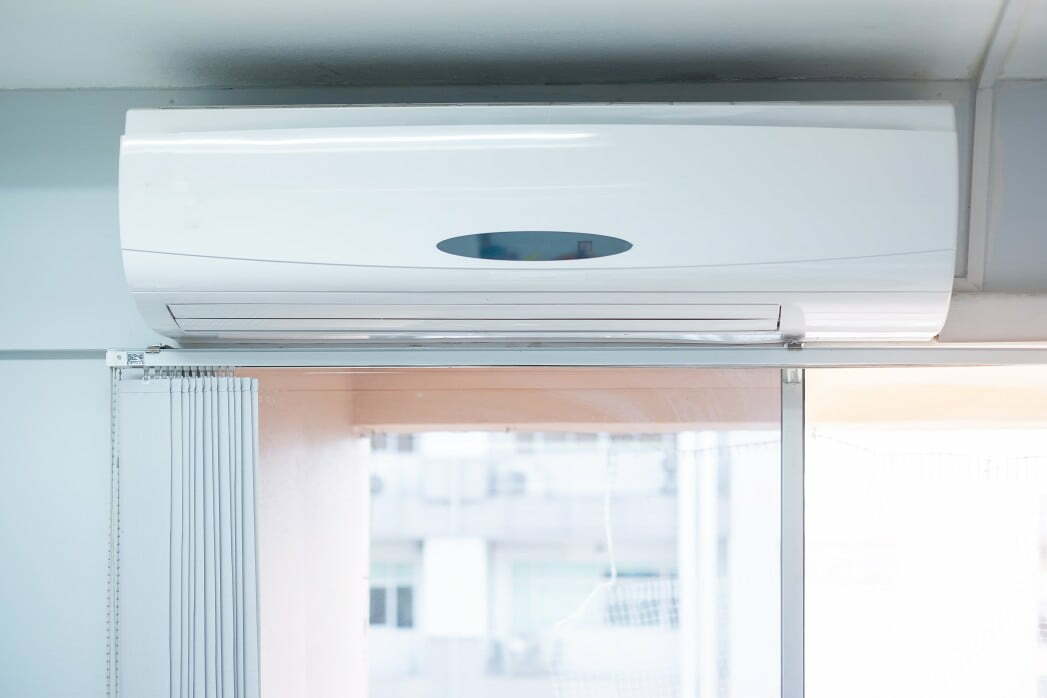
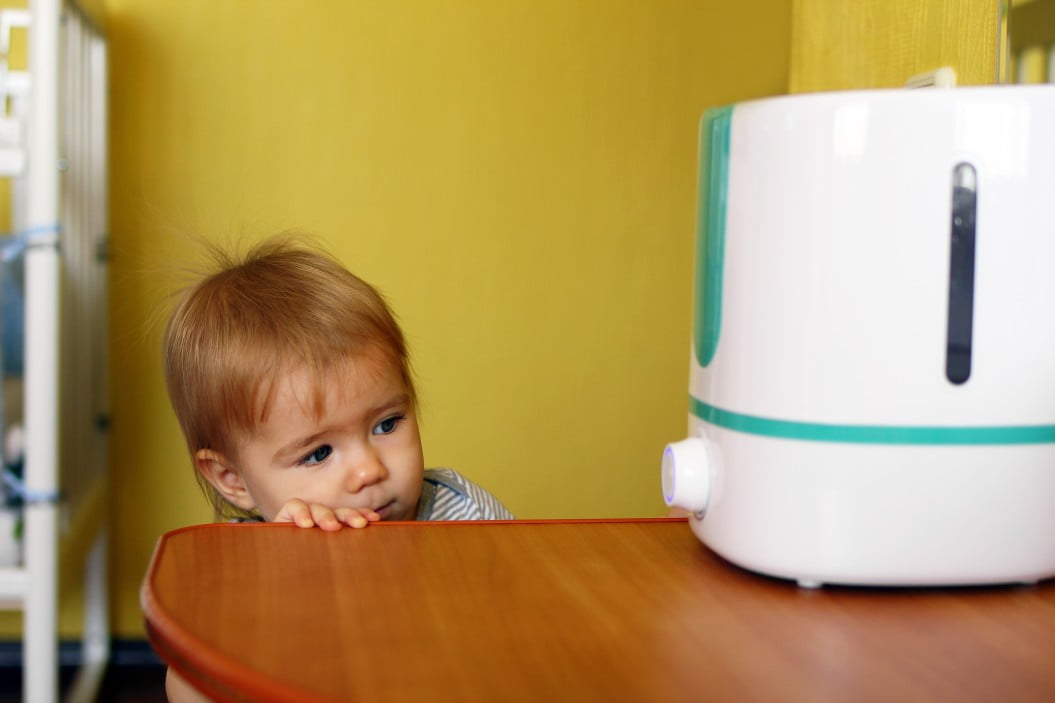
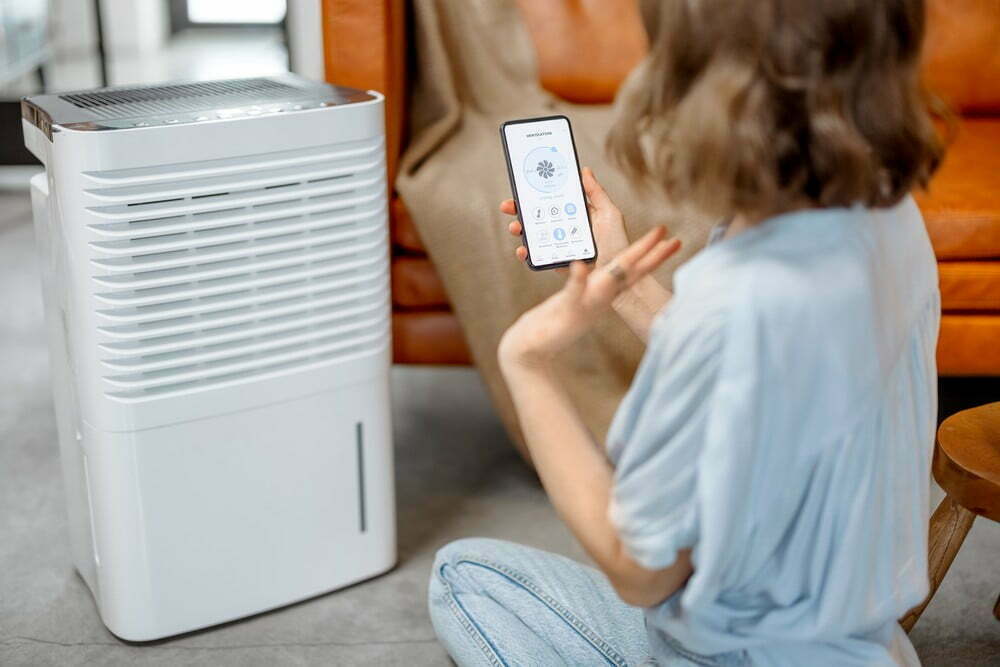
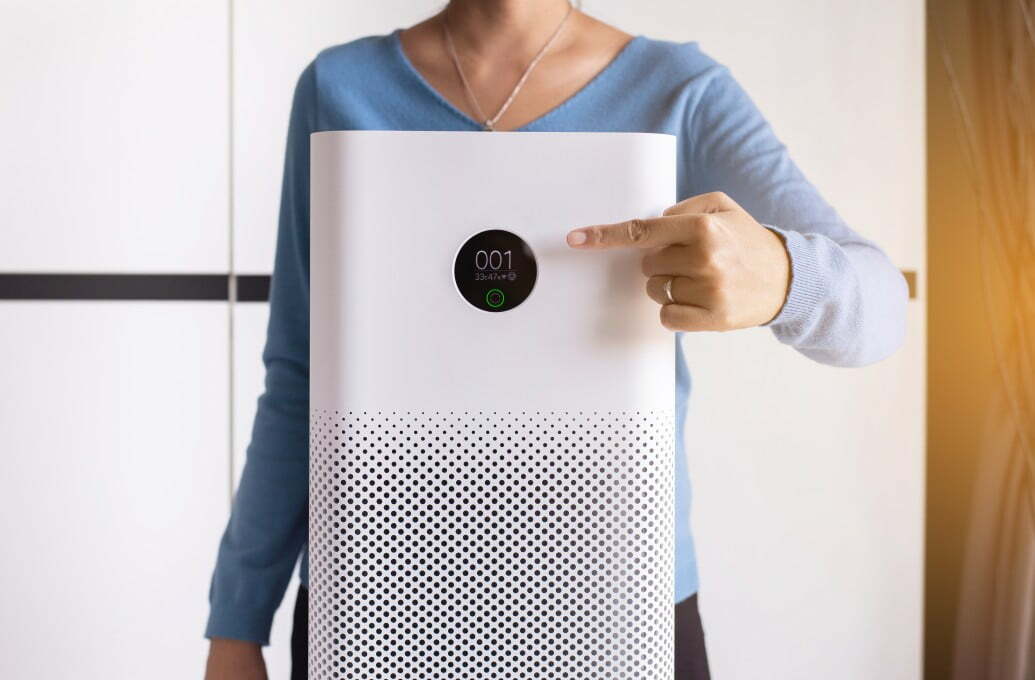
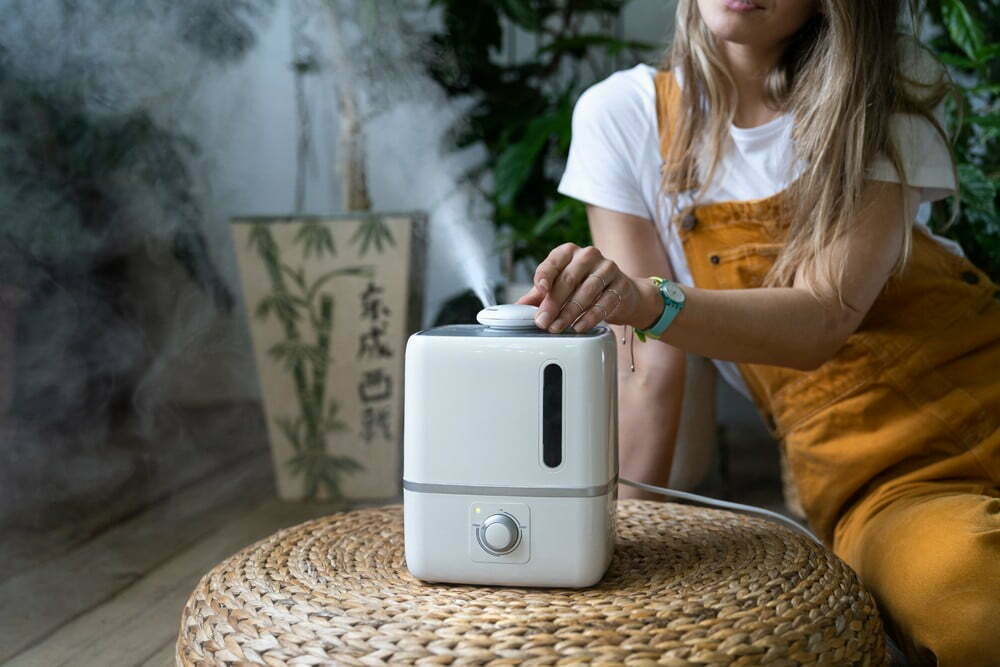


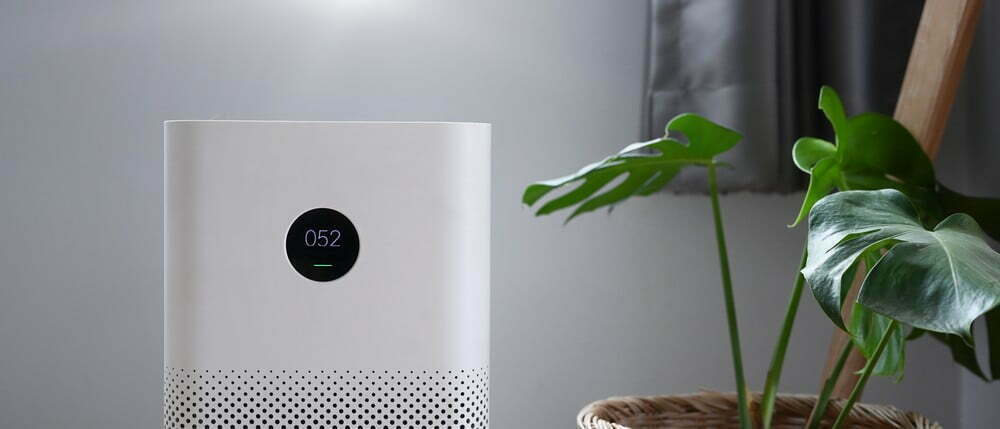
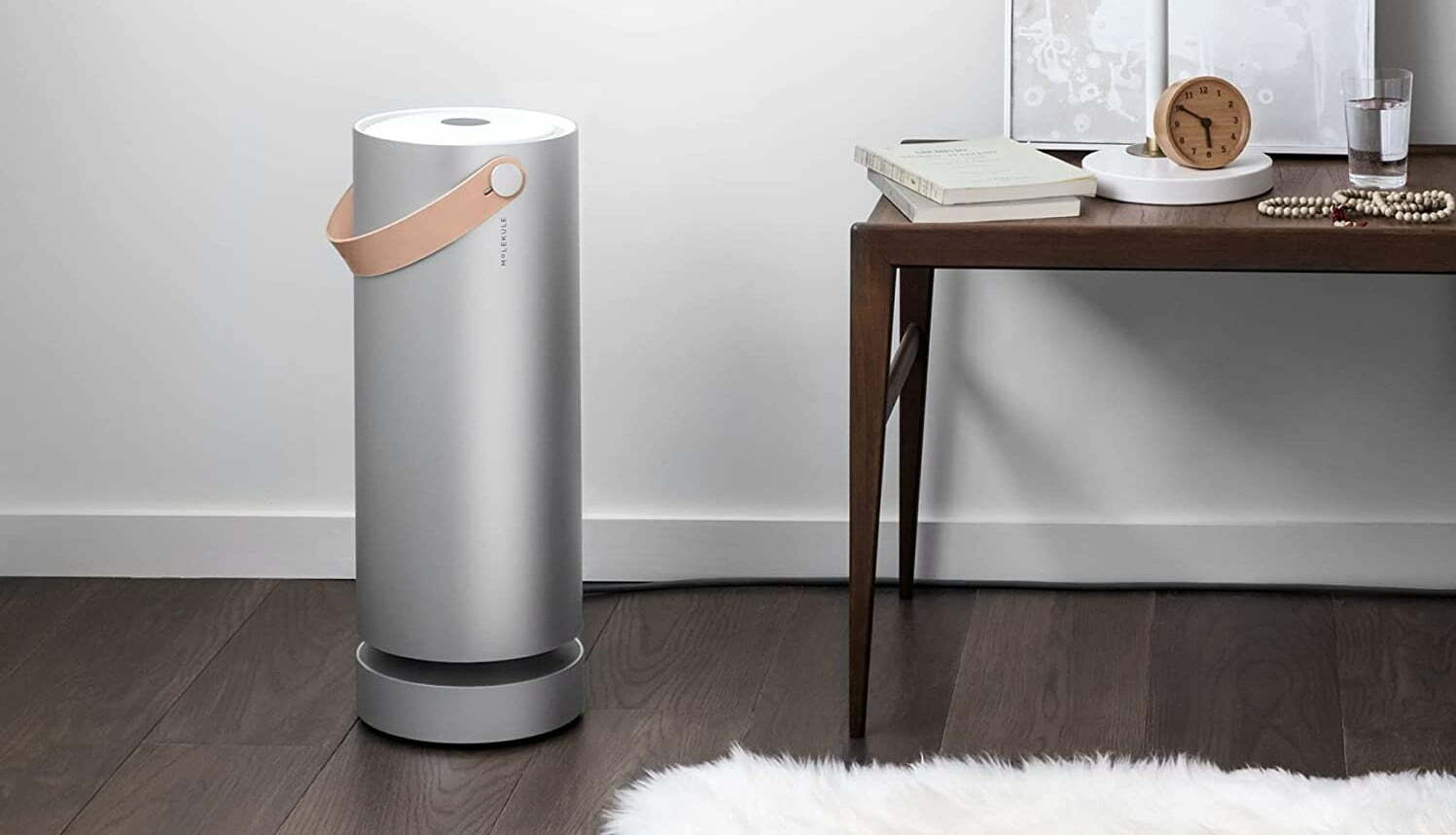
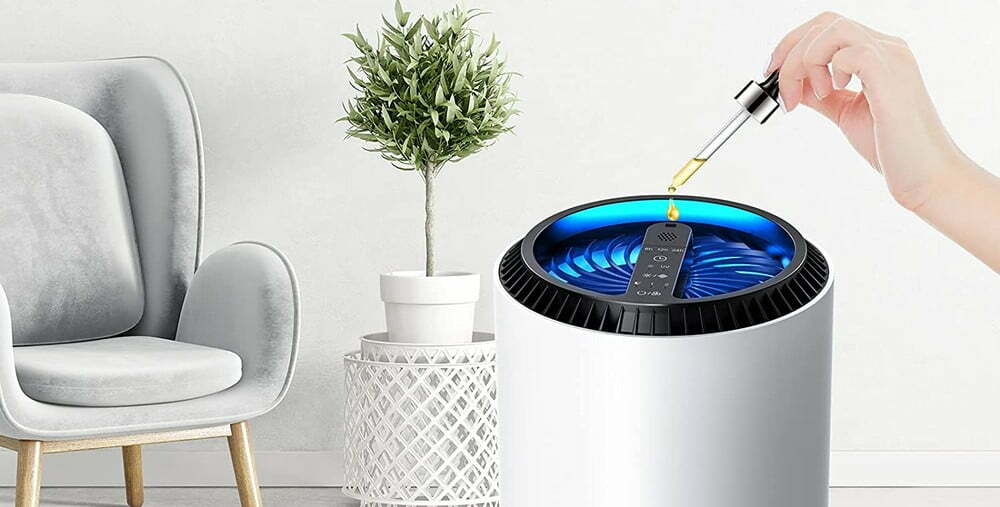
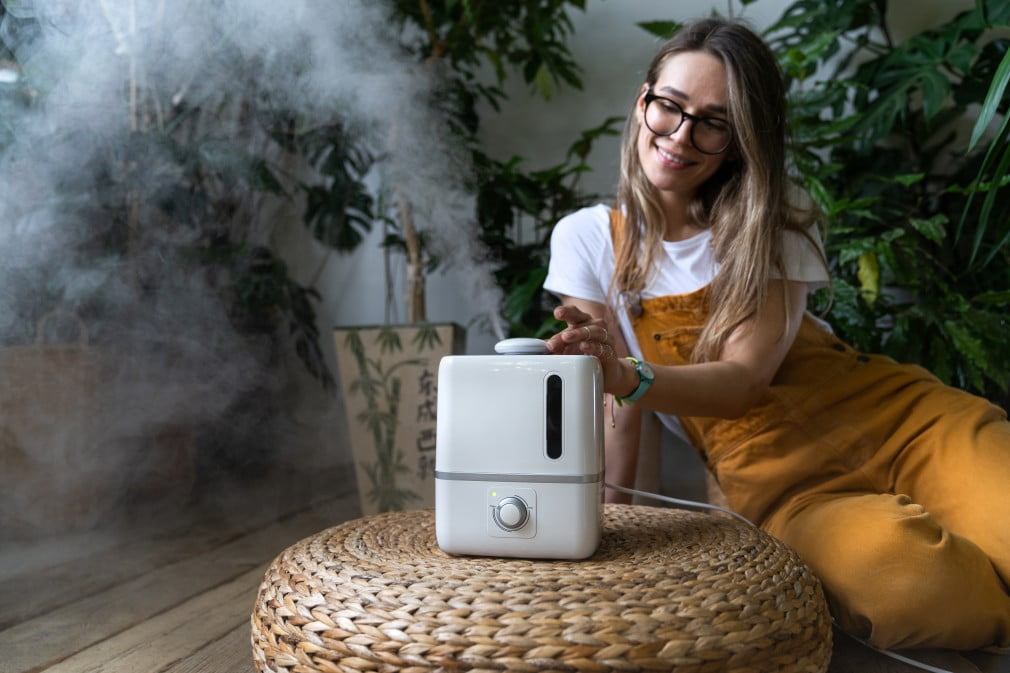
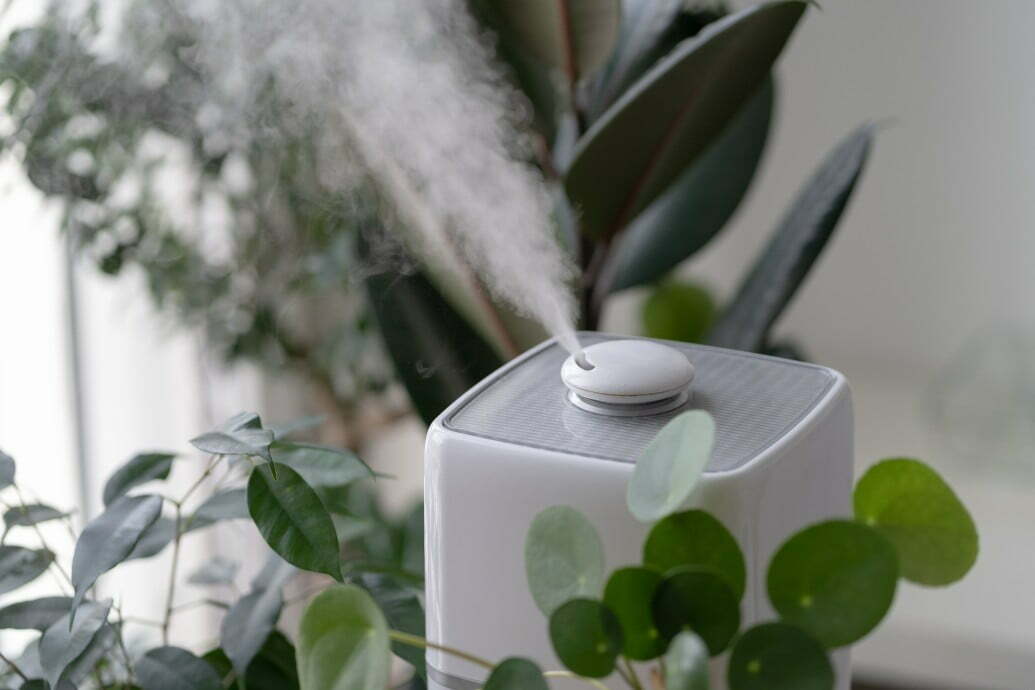
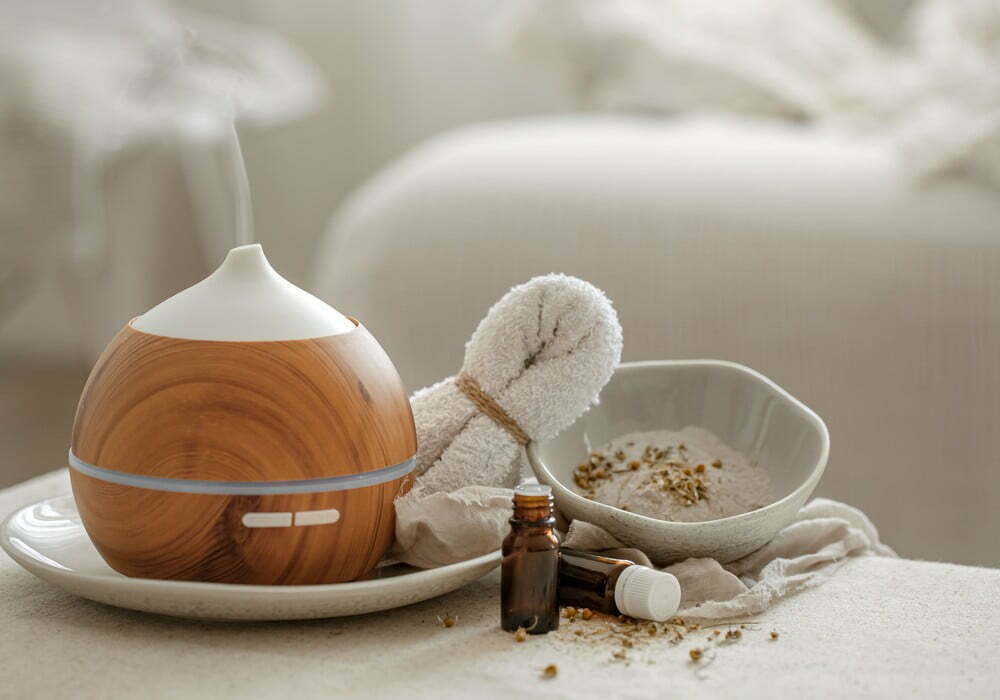
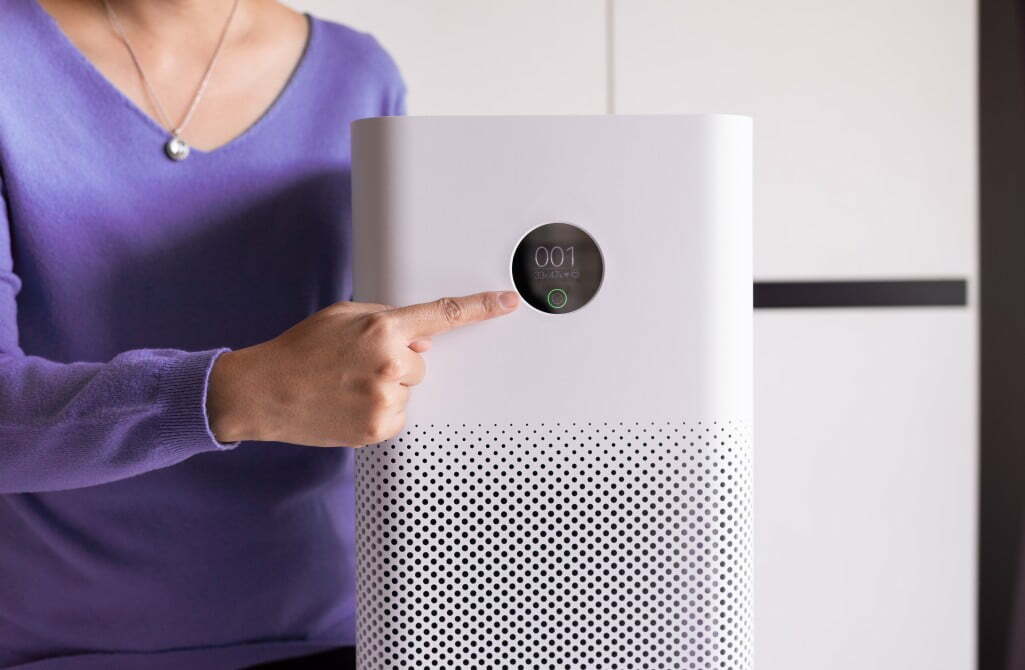
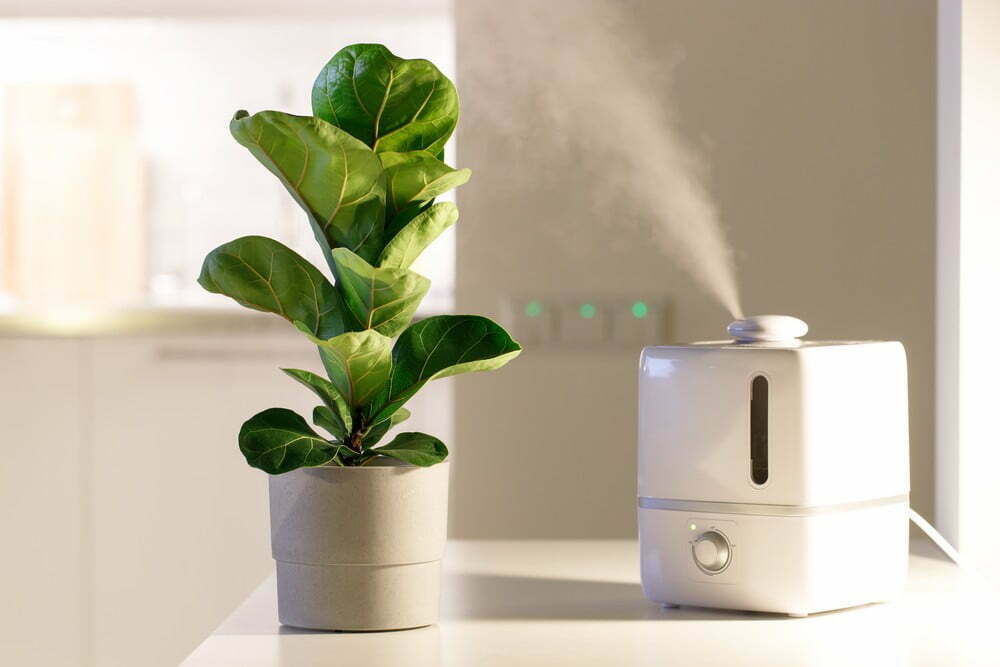

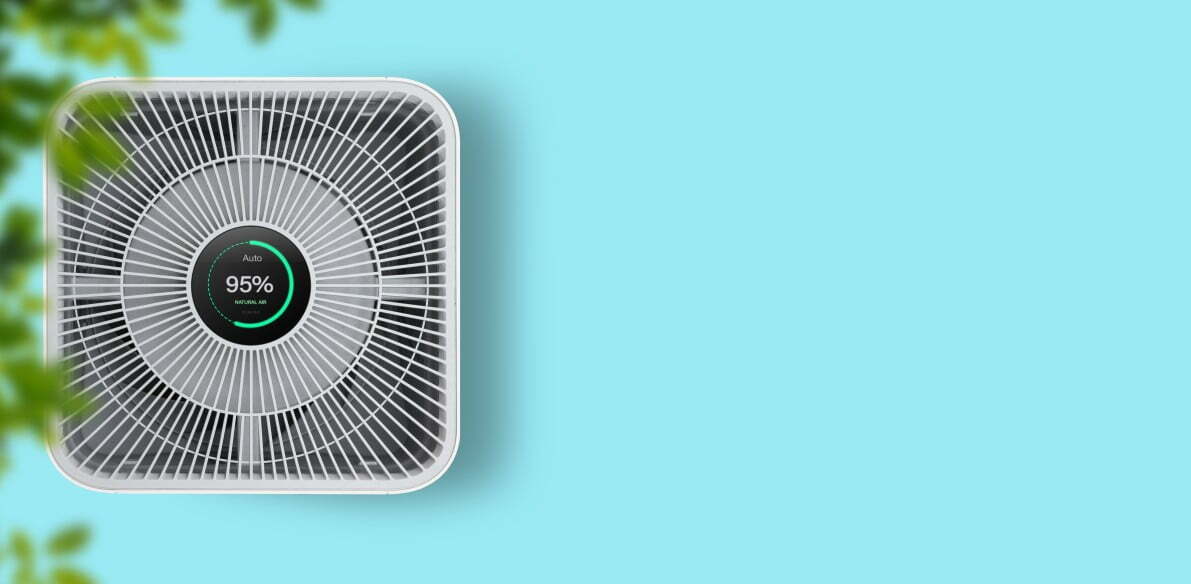
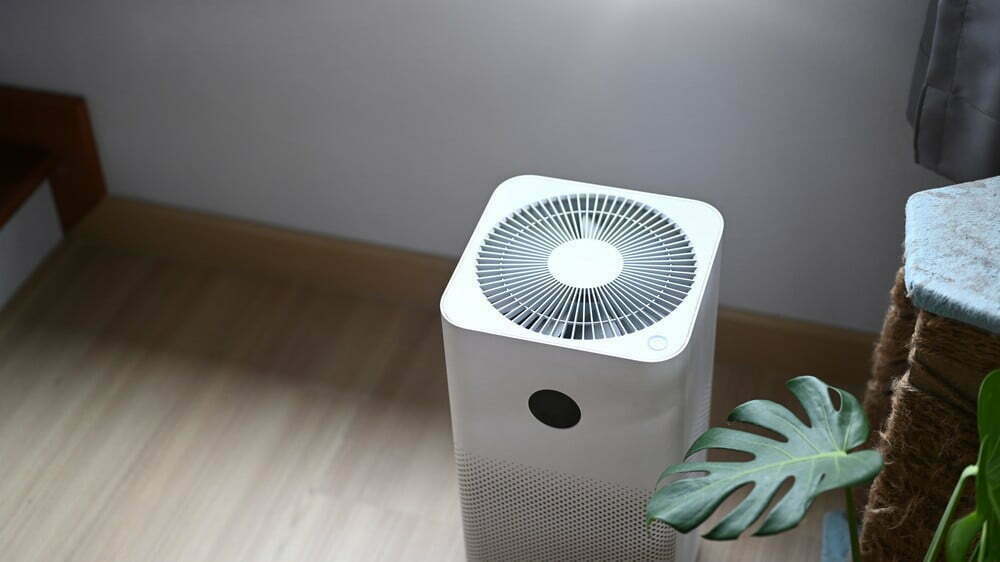
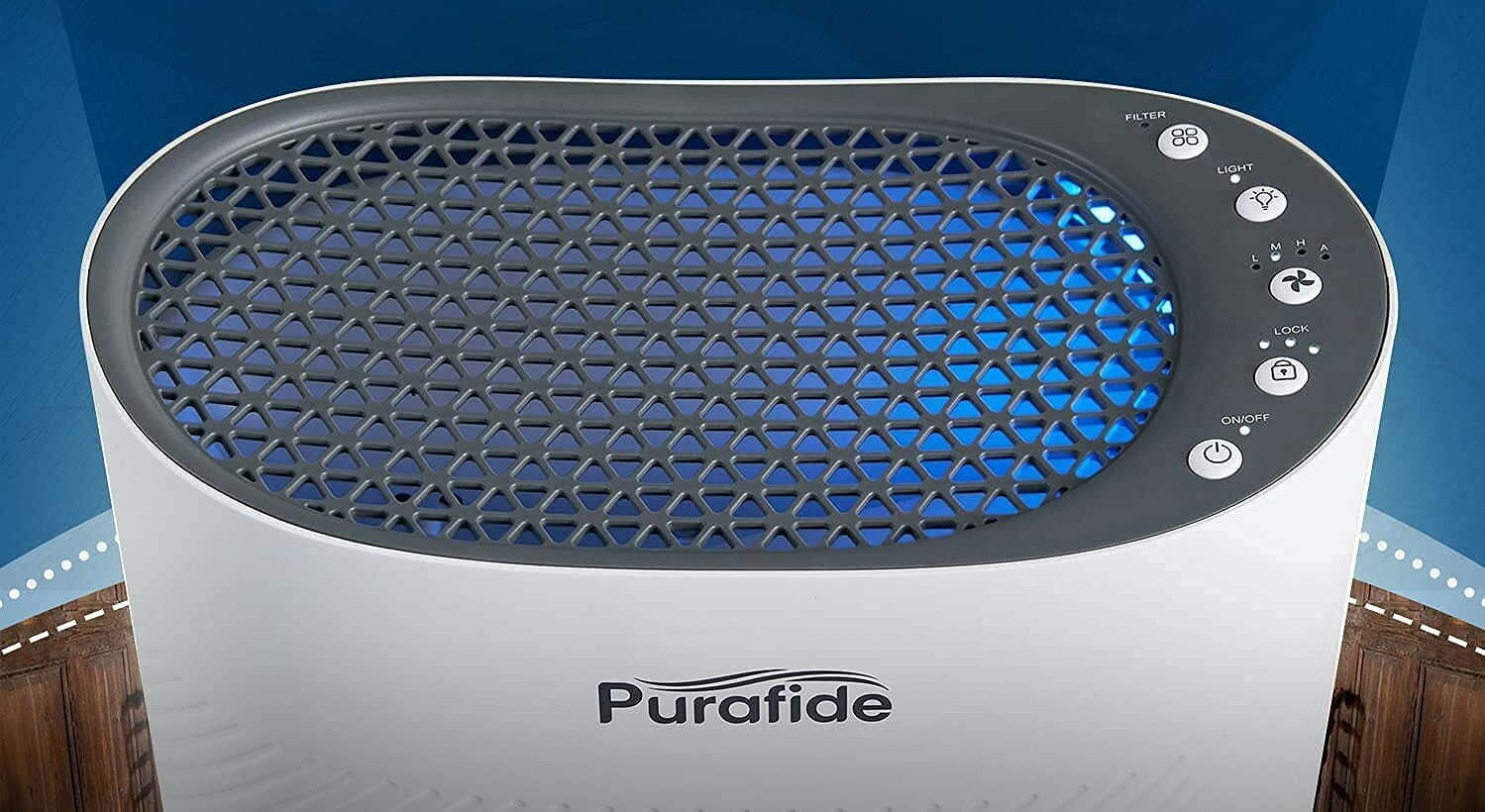
![Best Air Purifiers for VOCs and Formaldehyde in [year] 27 Best Air Purifiers for VOCs and Formaldehyde in 2026](https://www.gadgetreview.dev/wp-content/uploads/best-air-purifier-for-vocs-and-formaldehyde-image.jpg)
![Best Air Purifier in [year] ([month] Reviews) 28 Best Air Purifier in 2026 (January Reviews)](https://www.gadgetreview.dev/wp-content/uploads/Honeywell-True-HEPA-Allergen-Remover-HPA300-e1475603569442.jpg)
![Best Air Purifiers for Dust in [year] 29 Best Air Purifiers for Dust in 2026](https://www.gadgetreview.dev/wp-content/uploads/best-air-purifier-for-dust-image.jpg)
![Best Honeywell Air Purifiers in [year] 30 Best Honeywell Air Purifiers in 2026](https://www.gadgetreview.dev/wp-content/uploads/best-honeywell-air-purifier-image.jpg)
![Best Germicidal Air Purifiers in [year] 31 Best Germicidal Air Purifiers in 2026](https://www.gadgetreview.dev/wp-content/uploads/best-germicidal-air-purifier-image.jpg)
![Best Filterless Air Purifiers in [year] 32 Best Filterless Air Purifiers in 2026](https://www.gadgetreview.dev/wp-content/uploads/best-filterless-air-purifier-image.jpg)
![Best Levoit Air Purifiers in [year] 33 Best Levoit Air Purifiers in 2026](https://www.gadgetreview.dev/wp-content/uploads/best-levoit-air-purifier-image.jpg)
![Best Air Purifiers for Smoking Weed in [year] 34 Best Air Purifiers for Smoking Weed in 2026](https://www.gadgetreview.dev/wp-content/uploads/best-air-purifier-for-smoking-weed-image.jpg)
![Best Quiet Air Purifiers in [year] 35 Best Quiet Air Purifiers in 2026](https://www.gadgetreview.dev/wp-content/uploads/best-quiet-air-purifier-image.jpg)
![Best Desktop Air Purifiers in [year] 36 Best Desktop Air Purifiers in 2026](https://www.gadgetreview.dev/wp-content/uploads/best-desktop-air-purifier.jpg)
![Best Dyson Air Purifiers in [year] 37 Best Dyson Air Purifiers in 2026](https://www.gadgetreview.dev/wp-content/uploads/best-dyson-air-purifier.jpg)
![Best Air Purifiers for Dorm Room in [year] 38 Best Air Purifiers for Dorm Room in 2026](https://www.gadgetreview.dev/wp-content/uploads/air-purifier-for-dorm-room-1.jpg)
![Best Air Purifiers for Office in [year] 39 Best Air Purifiers for Office in 2026](https://www.gadgetreview.dev/wp-content/uploads/best-air-purifier-for-office.jpg)
![Best Air Purifiers for Basement in [year] 40 Best Air Purifiers for Basement in 2026](https://www.gadgetreview.dev/wp-content/uploads/best-air-purifier-for-basement.jpg)
![Best Air Purifiers For Odor in [year] 41 Best Air Purifiers For Odor in 2026](https://www.gadgetreview.dev/wp-content/uploads/best-air-purifier-odor.jpg)
![10 Best Personal Air Purifiers in [year] 42 10 Best Personal Air Purifiers in 2026](https://www.gadgetreview.dev/wp-content/uploads/best-personal-air-purifiers.jpg)
![10 Best Plug In Air Purifiers in [year] 43 10 Best Plug In Air Purifiers in 2026](https://www.gadgetreview.dev/wp-content/uploads/best-plug-in-air-purifier-image.jpg)
![10 Best Whole House Air Purifiers in [year] 44 10 Best Whole House Air Purifiers in 2026](https://www.gadgetreview.dev/wp-content/uploads/best-whole-house-air-purifier-image.jpg)
![10 Best Large Room Air Purifiers in [year] 45 10 Best Large Room Air Purifiers in 2026](https://www.gadgetreview.dev/wp-content/uploads/Coway-Airmega-200M-Large-Room-Air-Purifier-900x900-1.png)
![10 Best UV Air Purifiers in [year] 46 10 Best UV Air Purifiers in 2026](https://www.gadgetreview.dev/wp-content/uploads/best-uv-air-purifier.jpg)
